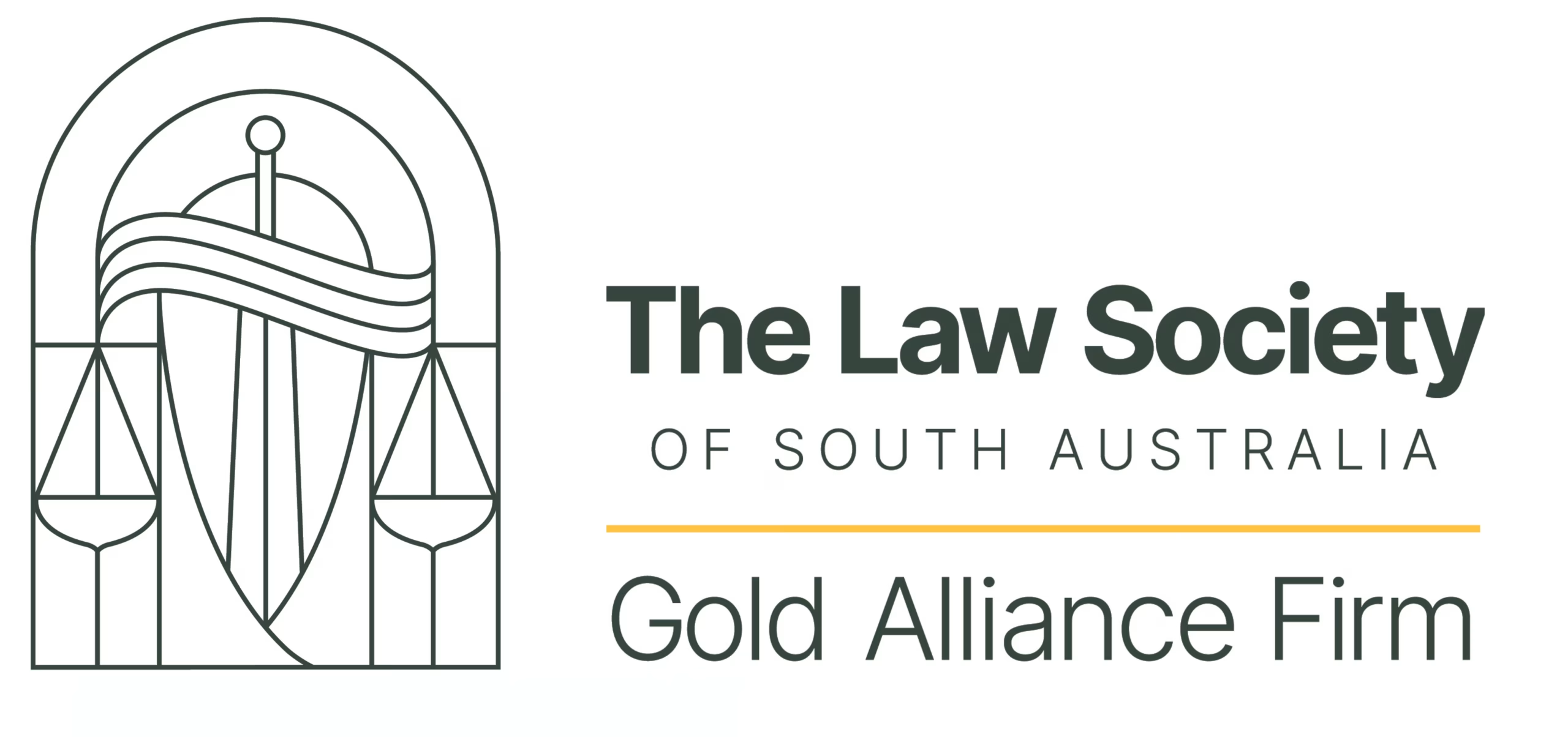Estate Administration – Letters of Administration
Sometimes, a loved one passes away unexpectedly or before they have a chance to make a Will. This is known as dying “intestate” and the estate is distributed in accordance with the intestacy laws set out in the Succession Act 2023. Often the assets of the estate cannot be accessed or dealt with until an Administrator is legally appointed to manage the estate. The process of applying for Letters of Administration is similar to Probate and if granted, an Administrator is appointed to manage the estate in accordance with the Succession Act 2023. We understand this process can be confusing and emotionally overwhelming, especially while you are grieving. At FJS Lawyers, we are here to guide and support you through each step of the process. If you are unsure if Letters of Administration are required in your circumstances, or you just need some guidance, reach out to our friendly team. We offer a 30-minute free first appointment.
Read moreEstate Administration – Probate
If you have been named as the Executor in a Will, you should seek legal advice about your role and responsibilities in administering the estate. In most cases, you will need to apply for Probate, however, there are some circumstances when Probate may not be required, and it is always a good idea to seek legal advice. Probate involves an application to the Supreme Court with the Original Will, Death Certificate, estate assets and liabilities and verification of identity of the Executor(s). When Probate is granted, the Executor has the legal authority to manage and distribute the estate in accordance with the Will. Probate is not always required You may not need to apply for Probate if the deceased owned assets jointly with another person, but it is always best to obtain legal advice. For joint bank accounts, the account will pass directly to the surviving joint owner and Probate will not be needed. For accounts in the sole name of the deceased, the financial institution will tell you if the balance in the deceased’s account is under the amount that requires you to obtain Probate and this amount can vary between banks and credit unions. For jointly owned property (i.e. a house), whether Probate is required will depend upon the type of joint ownership of the property and it may be necessary to obtain a Certificate of Title for the property to confirm how the property is owned (joint tenants or tenants in common). If you are unsure if Probate is required or need help with the process, contact FJS Lawyers today for a 30-minute free first appointment to review the Will and estate assets. We will advise you and provide an estimate of costs. We will usually defer payment of our fees until you have access to the estate funds. FJS Lawyers has extensive experience with Probate applications, and we are here to guide and support you throughout the process – reach out to our friendly team.
Read moreFamily Law
We understand the unique and complex issues faced throughout separation, divorce and disputes involving children and property. We are here to help.
Legal issues can be incredibly stressful, confusing and overwhelming.
We care about our clients and aim to reduce the stress associated with resolving your legal issues.
Read moreFamily Law – Divorce
We can assist you with applying for a Divorce.
You should seek legal advice before applying for a divorce. There are advantages, disadvantages and time limits you first need to consider.
Read moreFamily Law – Children
Have you reached an agreement with your former spouse about the arrangements for the children and want to formalise it?
We prepare family law CONSENT ORDERS for a fixed, affordable fee – written quotation provided after your FREE no-obligation first interview (30 min) to discuss your requirements.
Read moreWills & Estate Planning
Planning ahead now can avoid significant financial and emotional hardship to your family in the future.
Your estate planning is not just for when you die, but it also includes a plan for financial and health care decisions in the future, if you are unable to do so.
Estate Planning – Enduring Power Of Attorney
An Enduring Power of Attorney is a legal document used to appoint one or more people to manage your financial matters, which include dealing with your money and bank accounts, paying your bills or buying/selling real estate on your behalf. You can choose whether an Enduring Power of Attorney becomes effective immediately or, if it only becomes effective if you suffer a legal (mental) incapacity through illness or injury. Any person you appoint as your “Attorney” must be someone you trust to act in your best interests. If you lose legal (mental) capacity but do not have an Enduring Power of Attorney, your family (or the Public Advocate) would need Administration Orders from the South Australian Civil and Administrative Tribunal (SACAT) to permit them to manage your finances.
Read moreEstate Planning – Wills
You can make a Will if you are at least 18 years old and you have legal (mental) capacity.Making a Will allows you to set out your directions for the distribution of your estate when you die and appoint at least one person to be your executor. You may also specify your funeral wishes in your Will and specify if you wish to be buried or cremated. You can record your wishes for the guardian of your minor children and the person who will care for your pets.Without a valid Will, the distribution of your estate is construed by the law of intestacy, as set out in the Succession Act 2023 (section 109). This method of distribution can result in your estate being inherited by someone quite unintended – perhaps someone from which you have been estranged for many years and someone you would never have chosen.If you have never had a Will and feel overwhelmed about the process – Contact FJS Lawyers! When leaving our office, clients usually say “That was so much easier than we expected!”At FJS Lawyers we offer a same-day service for Simple Will preparation and we can store your Will and place it on the Law Society Will Register for your peace of mind.For further information – see the Legal Services Commission of South Australia Law Handbook Online in the Wills section.
Read moreEstate Planning – Advance Care Directive
An Advance Care Directive is a document which records your binding refusal of health care, along with your wishes and preferences in relation to: Future health care Preferred living arrangements Life-sustaining treatment End of life care Personal decisions You can appoint one or more substitute decision-makers to make these decisions on your behalf if you have become incapacitated. If you do not wish to appoint a substitute decision maker, you can simply create your Advance Care Directive to document your decisions. An Advance Care Directive is only valid while you are living. At FJS Lawyers, we will help you document your healthcare preferences and ensure that your binding refusal of health care is legally recognised. Contact us now. Planning an Advance Care Directive You can also appoint one or more adults to make decisions for you. These are known as “substitute decision makers”. However, you can choose to document your wishes without appointing a substitute decision maker. You can make an Advance Care Directive only while you have LEGAL CAPACITY, i.e. while you are “competent”. To be “competent” you must understand: what an Advance Care Directive is; and the consequences of giving an Advance Care Directive. If there is a question about your competence, you may need an opinion from your doctor. If you do not have an Advance Care Directive and you become unable to make decisions at a later stage in your life. Your loved ones may need to seek an order from the South Australian Civil and Administrative Tribunal (SACAT). An Advance Care Directive is effective as soon as it is witnessed. BUT can only be used by a health practitioner or substitute decision maker if at the relevant time, you have “impaired decision making capacity” (i.e. you are not competent to make decisions). An Advance Care Directive provision which states a refusal of particular health care (whether express or implied) is a binding provision. All other provisions of an Advance Care Directive are non-binding provisions. An Advance Care Directive DOES NOT cover financial matters – (you will need an “Enduring Power of Attorney” for financial matters) Leave us a message to have one of our experienced attorneys walk you through the process of filling out the advance care directive and nominating a substitute decision maker. Giving you the peace of mind that your wishes are taken care of in event that you can’t speak for yourself.
Read moreFamily Law – Financial and Property Settlement
Have you reached an agreement with your former spouse about the arrangements for property settlement?
We prepare family law CONSENT ORDERS for a fixed, affordable fee – written quotation provided after your FREE no-obligation first interview (30 min) to discuss your requirements.
Read more




